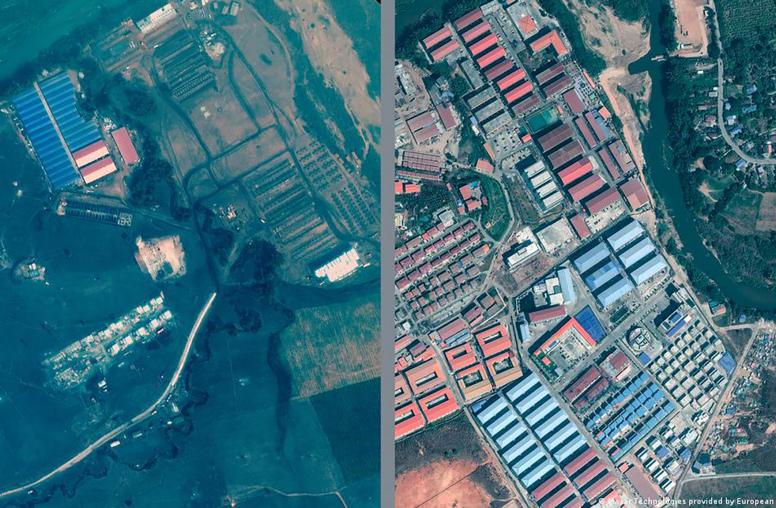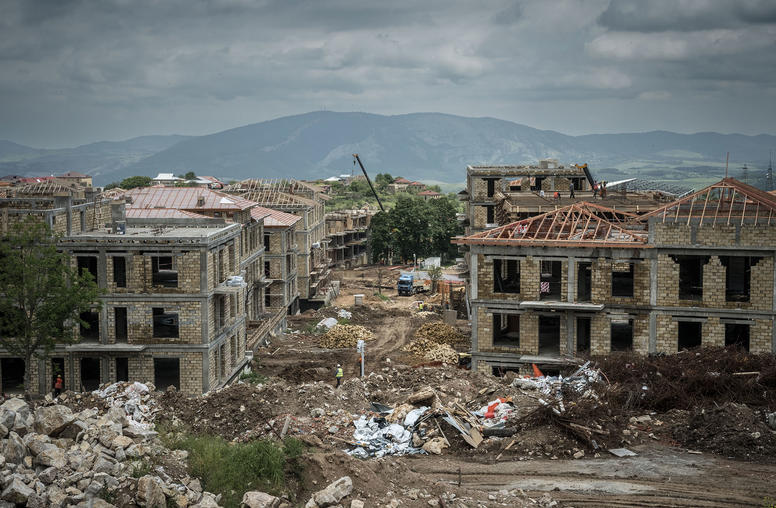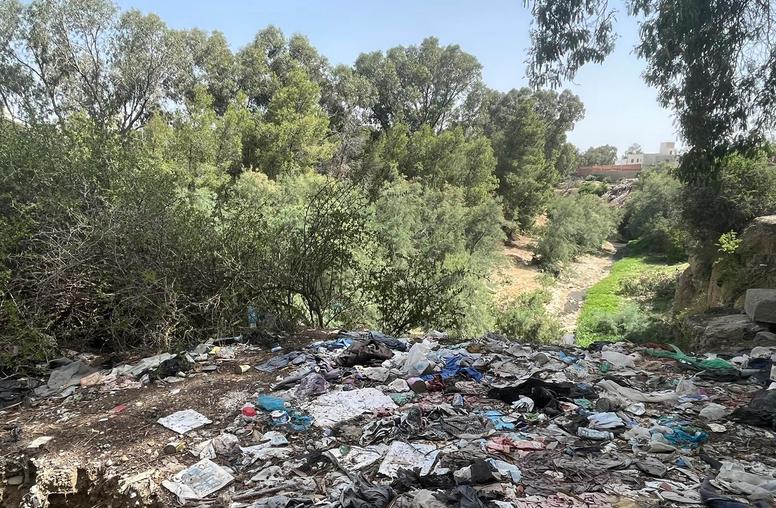 Democracy & Governance
Democracy & Governance
Democracy embodies responsive and responsible governance, rule of law, human rights, civic participation and peaceful transfers of power through electoral processes. Each of these underpins a peaceful and stable society. The U.S. Institute of Peace teaches democratic principles and democratization processes and techniques that are critical to both peacebuilding and effective governance. USIP seeks to strengthen governance by supporting inclusive, accountable institutions and a robust civil society. These in turn uphold human rights, justice and the rule of law, and promote public participation in social and political processes.
Featured Publications

Stability in West Africa: Working With Nigeria’s State Governments
As coups and other setbacks have stymied military-led efforts to stem upheavals in West Africa and the Sahel, a potent new constituency of leaders has just gathered to plan nonviolent strategies to stabilize their own core area of the region: northern Nigeria. In West Africa’s demographic giant, economic crisis is exacerbating intercommunal conflicts, crime and other violence — and Nigeria’s federalism gives vital roles to its states in addressing roots of these problems. Ten recently elected state governors gathered in Washington last month with peacebuilding and development experts, business leaders and senior U.S. officials; they resolved to strengthen and coordinate state-level stabilization strategies — an initiative that international partners should support.

Ce dont Haïti a besoin de la part des États-Unis et de la communauté internationale
Malgré les distractions évidentes provenant des crises dans d'autres coins du monde, le désastre qui s'aggrave en Haïti attire tardivement une attention internationale plus large. Les critiques de la politique américaine envers Haïti émergent de tous les coins du spectre politique, et il y a beaucoup à critiquer, notamment si l'on étend la période à l'expérience politique d'Haïti depuis la fin des dictatures Duvalier dans les années 1980. Mais ici et maintenant, ces évaluations minimisent les chances déjà minces des efforts de médiation gérés par la Communauté des Caraïbes (CARICOM), à partir desquels a émergé le Conseil présidentiel d'Haïti, une structure de gouvernance transitoire pour le pays.

What Haiti Needs from the U.S. and International Community
Despite obvious distractions from crises in other corners of the world, Haiti’s deepening disaster is belatedly drawing wider international attention. Critics of U.S. policy toward Haiti are emerging from all corners of the political spectrum — and there is much to be critical of, particularly if the timeframe is stretched to cover Haiti's political experience since the late 1980s and the transition from the Duvalier dictatorships. But in the here and now, these assessments short charge the admittedly tough odds of the most recent Caribbean Community- (CARICOM) managed mediation efforts from which has emerged Haiti’s Presidential Council, a transitional governance structure for the country.
Current Projects

Transnational Organized Crime in Southeast Asia
Over the past decade, Southeast Asia has become a major breeding ground for transnational criminal networks emanating from China. USIP assembled a senior study group to assess one of the most pernicious aspects of such criminality: rapidly spreading, industrial-scale scam compounds that rely on forced labor lured from around the world. The senior study group convened four meetings to share research and information on the trends, dimensions and character of the criminal networks operating the scam compounds and developed recommendations for countering their malign effects.

Peacemaking in a Turbulent World: Lessons from Intrastate and Interstate Conflicts
Peacemaking in a Turbulent World answers the following central question: What lessons for effective management of intrastate conflicts emerged from the post-Cold War period that are relevant for managing contemporary conflicts which include intrastate, internationalized (featuring direct engagement by outside powers), and interstate conflicts?

Local Solutions for Tunisia’s Environmental Crises
In partnership with USAID, USIP is embarking on an innovative, experimental project that will support Tunisia’s local governments and civil society as they co-develop and implement solutions to environmental governance challenges that are exacerbating fragility and heighten ing exposure to climate shocks.